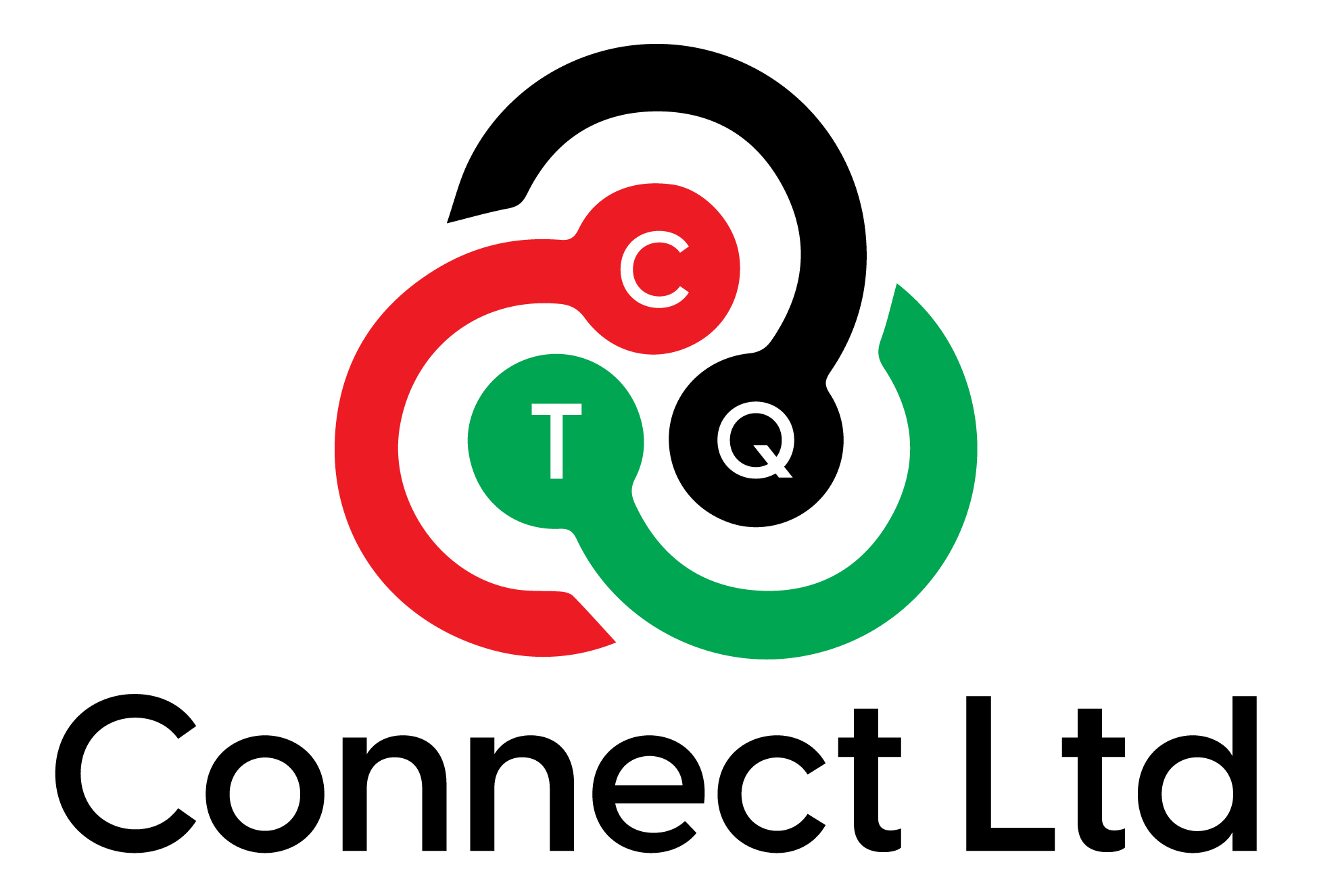Optimizing a business includes more than just simply boosting your startup’s revenue or expanding its operations. It involves setting up your business to grow efficiently and sustainably with an accurate cost increase or losing the quality of work or production. Scaling a startup is essential to mark the shift from a small business to a more complex, structured organization. But along with scaling the company, a successful business needs a good plan execution and a great team that is hardworking and talented. Workplace productivity decides the effectiveness of your efforts and highly influences how fast you can go and what you can achieve.
Business optimization and prioritizing productivity take time, commitment, flexibility, and patience. This is where customs management comes in. By developing strategies to fit your startup’s needs, you can achieve new levels of efficiency, foster collaboration, and optimize workflows. A tailored, modified approach doesn’t just boost productivity—it sets the base for sustainable growth.
In this blog, we will discuss tips for optimizing a business, explore the challenges that often arise, and discuss strategies to boost a company’s productivity with custom management and toward sustainable growth.
1. Understand the Role of Custom Management
Custom management comprises planning tools and strategies custom to your startup’s needs. Unlike using one approach that fits all, custom management prioritizes scalability and flexibility, making sure your team has the right approach to follow.
Custom management involves designing strategies and tools tailored to your startup’s needs. Unlike one-size-fits-all approaches, it prioritizes flexibility and scalability, ensuring your team has the right processes to support growth.
But Why Does this Matter for Startups?
- Flexibility: Since customized solutions entail the highest flexibility, you can react better to existing market requirements.
- Scalability: Workflow monitoring increases with your business; no congestion will occur as operations scale up.
- Goal Alignment: Custom strategies are more effective as they address the significant needs of your startup and are quicker and cheaper than off-the-shelf solutions.
For example, a tech startup may need a project management tool based on software development sprints and marketing deadlines blended into a single communication system.
2. Prioritize Goals with a Personalized Approach
Understand that every startup has unique goals; success begins when you fully understand what truly matters. Therefore, Set your goals and decide what to prioritize in your business. A personalized management strategy benefits from prioritizing tasks and aligning resources effectively.
Follow This to Get Started:
- Identify Core Objectives: Develop and set your long-term and short-term goals.
- Conduct a Needs Evaluation: Self-assess their team strengths, weaknesses, and operational losses.
- Create a Plan: Break goals into valuable steps with time frames that can be easily implemented.
For instance, a new organization that has recently set up an e-commerce business may critically plan and adjust its efficacy of supply chain first before engaging in the marketing automation process. First, considering one aspect at a time makes the implementation much easier and more effective.
3. Leverage Technology for Custom Solutions
Technology plays a central role in reforming operations, and startups can benefit significantly by selecting tools that deliver for their specific needs.
Here are a Few Tips for Using Technology Effectively:
- Select management software with customization options (Trello, Asana, or Notion) used worldwide.
- Automate tedious tasks like email follow-ups, data analysis, or invoicing.
- Using analytics tools to get valuable insights and track performance.
4. Build a Strong Team Dynamic
Your team is your biggest asset; the people who help you build your startup and efficiency require teamwork. Management can have its own targeted strategies to overcome the issues faced by that particular team and give them motivation.
Steps to Build a Dynamic Team:
- Encourage Open Communication: Choose to use Slack or Microsoft Teams as they will help complete collaborative work.
- Tailor Training Programs: Further individual effort concentration based on the distribution of roles in teams.
- Set Clear Expectations: Develop goals and objectives specific to a person’s employment responsibilities for the company’s end goals.
Suppose your team is partially remote; you can start daily check-ins and virtual suggesting sessions to maintain the connection.
5. Streamline Processes with Personalized Workflows
Customized workflows are crucial for startups to minimize inadequacies. Streamlining a workflow means abridging work by excluding unnecessary steps or tasks or refining the efficiency of business processes.
By customizing task flows, you can make sure that every member of the team knows their tasks and deadlines.
How to Streamline Workflows:
- You should map out ongoing processes to identify bottlenecks.
- Make clear task sequences for repetitive activities.
- Refine workflows continuously based on performance and feedback metrics.
6. Measure Success by Adapting Strategies
The foundation of sustained success is constant adaptation and evaluation. Custom management cannot be fixed—it progresses as your business grows.
Ways to Measure and Adapt:
- Choose KPIs that follow the primary business objectives (revenue increase, clients’ loyalty).
- Gather employees’ and customers’ comments to identify opportunities for changes.
- Update management strategies to check and address new challenges.
7. Some Common Blunders to Avoid in Custom Management
Although custom management delivers several benefits, dodging common mistakes is crucial.
- Over-customization: Extra process leads to clutter and confusion.
- Ignoring Team Input: Often, specific approaches should have input from individuals using them.
- Lack of Scalability: Do not implement strategies that cannot scale to the size of your business in the future.
Startups can make the most of their custom management efforts by clearly avoiding these mistakes.
Conclusion
Custom management is a prevailing tool for startups aiming to optimize productivity and drive long-term success. At CTQ Connect, we prioritize goals, leverage tailored technology, foster teamwork, and streamline processes so you can lay the foundation for sustainable growth. CTQ Connect specializes in custom solutions that help businesses overcome challenges and thrive in competitive markets. From streamlining workflows to implementing technology that fits your unique needs, our services are designed to empower your team and accelerate your success.


